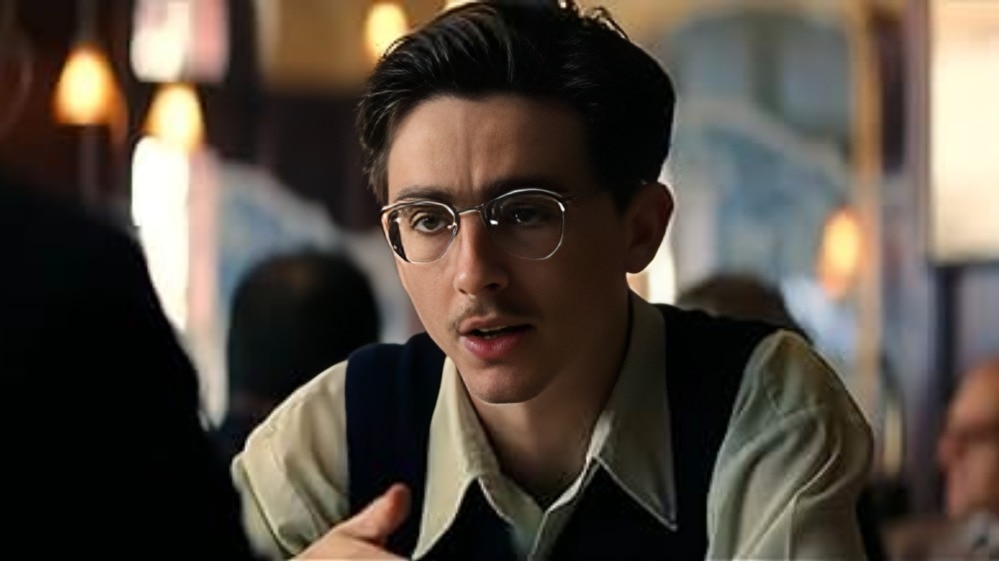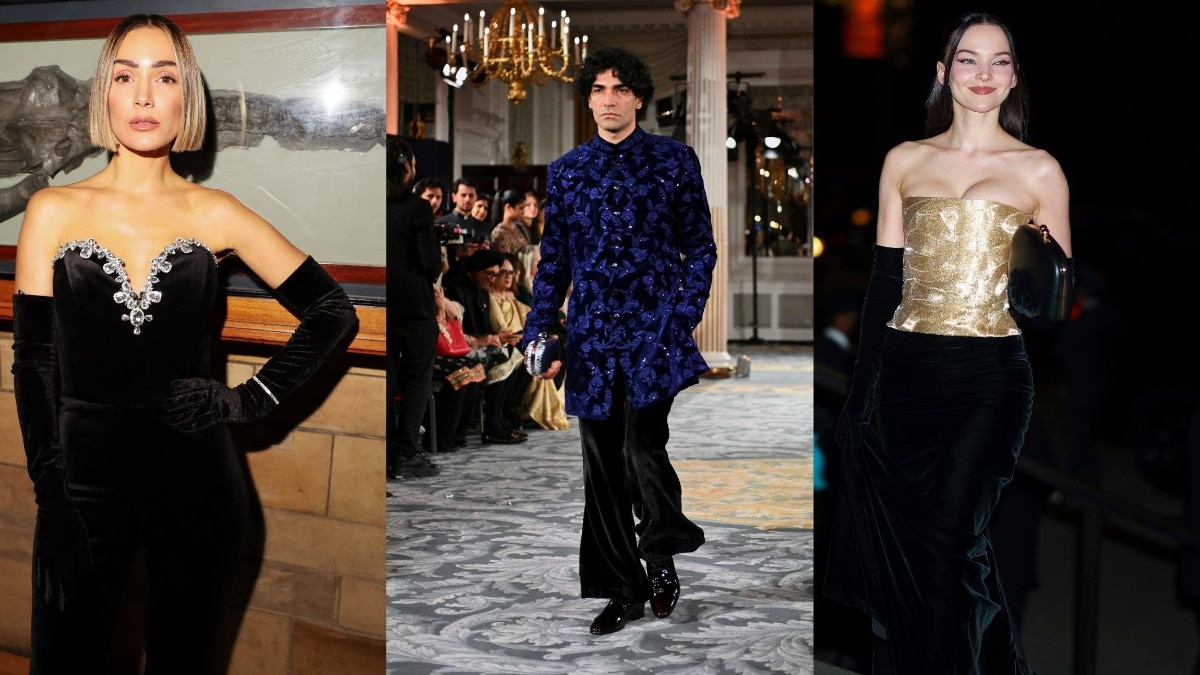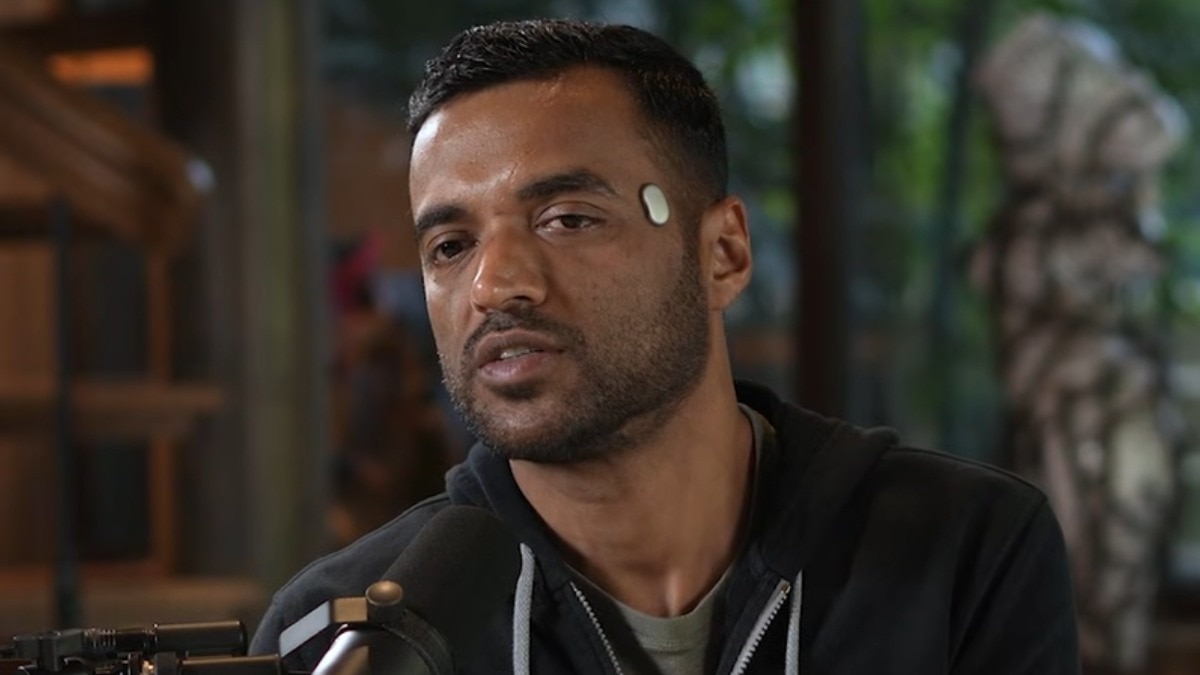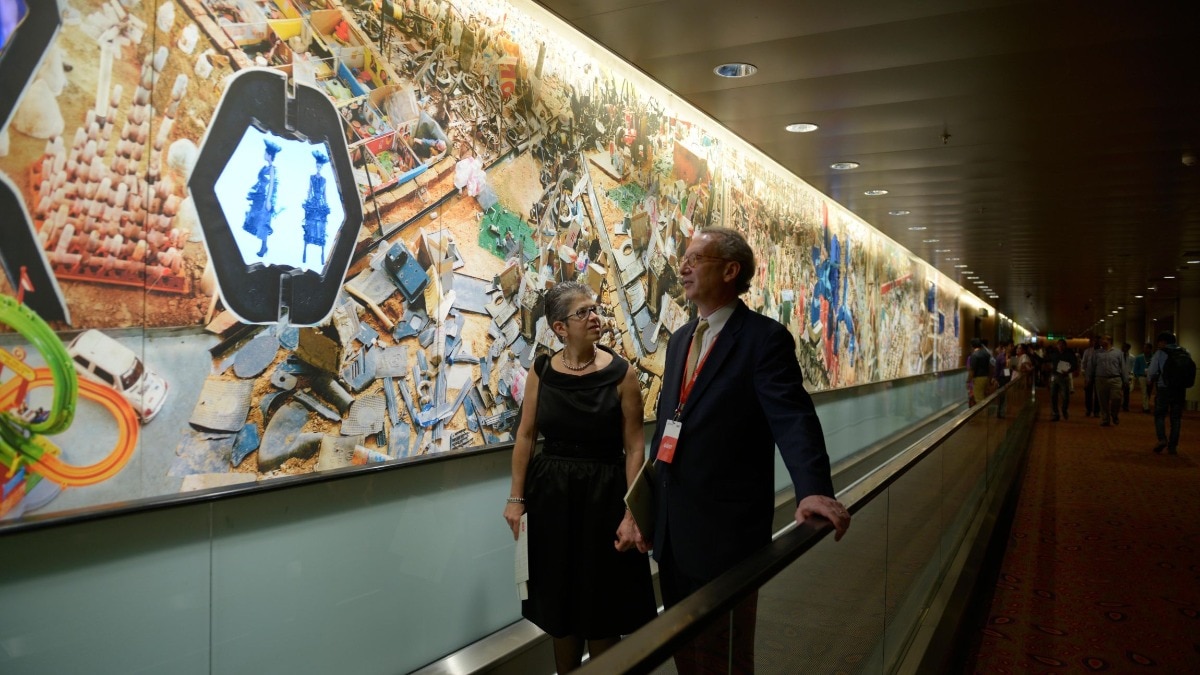Why Anoushka Shankar decided to play the sitar
The sitar player talks to Bazaar India about her choice of the instrument, turning pressure into a gift, and the wonders of international collaboration.


One man’s pressure is another man’s gift. Learning how to play the sitar from your father is one thing, but when that music maestro is none other than Pandit Ravi Shankar, the expectations to play well, let alone go on to become a name that’s now synonymous with the instrument is a whole different ball game. But Anoushka Shankar was not going to give up. She was going to shine. From learning alongside Panditji at the young age of seven, to now playing concerts that are sold out events, Shankar is a genre-defining artist who we, her father, and everyone are absolutely proud of.
In the city for the launch of the Keepsake jewellery collection by Her Story, as well as performing for the Anoushka Shankar Project India Tour–Mumbai, the British-American sitar player, producer, film composer, and activist in an exclusive interview with Bazaar India talks about the few things that mean the world to her—legacy, her father, and the ability of music to transcend boundaries.
Harper’s Bazaar: Since the collection is all about tradition, let’s start from there. How does it feel to carry forward your father’s legacy and be the face and the first name that comes to mind when one thinks of sitar?
Anoushka Shankar: That’s an honour. If people think of me when they think of the instrument that I play, that’s an incredible thing. You’re asking me how I feel to carry forward my father’s legacy, and, I think, right from the very beginning, when I was learning from him and when I was building my career, I had to really tell myself that that’s not why I was playing. I wasn’t playing the sitar to continue his legacy, to keep the tradition alive. I had to really simplify things and ask myself, ‘Do I love this instrument? Does it make me happy? Does it bring me joy?’ The answer was yes and that’s why I play the sitar. The byproduct of that is that there is a beautiful evolution of the tradition and music through each generation. I value that hugely, but I don’t think that the core essence of the art can come out if that’s why you’re doing it.
HB: While we see a lot of him in you, could you tell us how much of you was found in Pandit Ravi Shankar?
AS: Generationally, the way it works is that we see our parents in ourselves. But what happens with parents is that they also learn from parenting. I see that more easily in myself as one and see how much I’m learning and growing by parenting my children. I look back and realize some things that my father used to say and understand that he was learning and growing as well.

HB: Was there ever a question of whether or not you’d follow in his footsteps?
AS: Of course. It’s very natural to think that way. First of all, about any choice of career, you think ‘Do I want this, do I not want this?’ You keep changing your mind. And then, with my father and the pressure, I also had a lot of doubts, a lot of fear. I kept second guessing myself a lot. But along the way, I loved it and never gave it up.

HB: Considering what the Keepsakes collection by Her Story is all about, is its theme the primary reason why you chose to be part of it?
AS: Absolutely. There is a sense of integrity and authenticity about aligning with something that had this kind of a theme at its center and core. I identify with it so much so I can speak about the jewelry and feel that I am telling the truth. I love what it’s about—bringing legacy and tradition forward and creating something that feels very much about today. You know, it’s not about a frozen legacy; it’s a legacy that’s very much alive and evolving. And I think that’s very important.
HB: What do the words tradition and lineage mean to you? You must have heard of them at an earlier age compared to most?
AS: It depends on the perspective. Sometimes I hear these words and get very anxious (breaks into a laugh). It can feel like you’re under a lot of pressure. I learnt from a young age how to turn that around for myself, and it then became something more like a gift. The same situation can change depending on my perspective. It’s like ‘OMG, how am I ever going to prove myself? How am I going to show people that I am a good enough musician if I am always compared to my father?’ These footsteps are too big to try and fill. That’s the pressure. But I turn the perspective around, and go ‘Wow, I’ve had the opportunity to learn from a guru who is the most incredible exponent of the music tradition.’ I was given these daily lessons, the love, and shown a path in the world of music. I was given the opportunity to do something that feels incredible and helps me connect with other humans.

HB: You’ve shown that music can transcend geographical boundaries. What is it about music, fusion, and collaborating with international artists that you enjoy the most?
AS: I think there is something about collaborations, or working with other people, that sees the work itself becomes greater than each individual. When I work with an artist whose works I admire and love, then all of their qualities come into the piece of music, which are not my qualities. And similarly, mine also go into the music too. So, the music becomes bigger and better than something I could make on my own. And also, outside of the work, the process of connecting, I mean, that’s what life is about. The chemistry, the life, there is nothing more beautiful.
HB: What’s the legacy that you want to leave behind?
AS: I suppose I would be honoured to leave behind something that means something to people. I don’t need it to be a building, or a school. But if the music has touched people or if other musicians and artists felt moved by the way I make music to do something themselves that is beautiful, that’s what I want to achieve.










